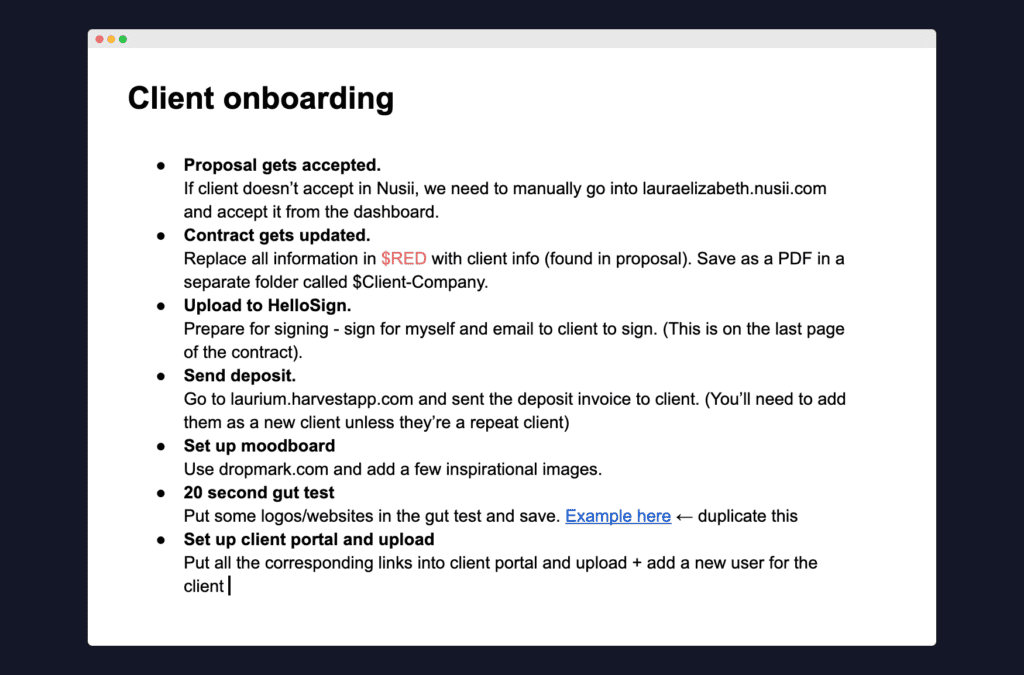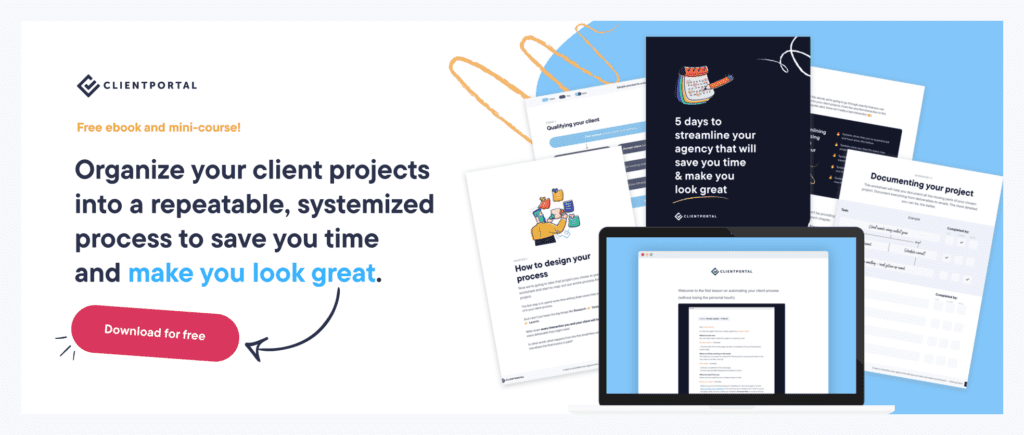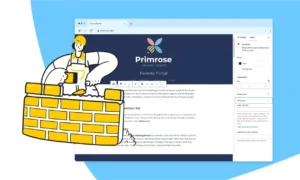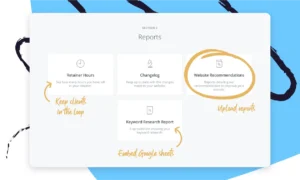In the previous article (check out “Do I still need Client Portal if I have a project management tool” if you missed it) we talked about why project management tools are better to use internally with your team and not with your clients (that’s what Client Portal is for!)
But another question cropped up a few times since publishing that article: “I’m a solo founder – does that mean I don’t need a project management tool at all?”
Great question… here’s what we think:
How do you define a project management tool?
The answer to this question depends on how you define a project management tool.
If you define a project management tool as something with a ton of features and a (usually high) monthly cost, then it’s simple: No, you don’t need to invest in a project management tool as a solo founder.
That’s because while these tools are great, they take a long time to set up and maintain.
Without a team to help with (or even benefit from) this, it wouldn’t provide enough value to be worth the time and energy spent.
But a project management tool doesn’t have to be anything fancy. It doesn’t even need to be a project management tool at all.
You can manage your projects in Google Docs.
Or Trello.
Or the Notes app on iOS.
Why is this an important differentiator? Because while solo business owners don’t need a fully featured project management tool, they should still be documenting their processes and storing them in a clear, easy-to-reference way.
The importance of documenting your processes
Documenting your processes is vital. Here’s why:
- It reduces the mental load when you need to do a repeated task and have to recall information
- It saves you time if you have everything (email templates, URLs, checklists) in one place
- Even if you plan to stay ‘solo’, you will probably need to hire at least one person (usually an assistant) and they will need access to your processes
- It provides security if you are ever temporarily unable to work and need someone to step in (vacations, illness, family emergencies)
If you’re interested in how to document your processes, we’ve written an ebook and accompanying email course on the subject. Check it out for free here.
While a fully-featured project management tool may be overkill for a solo business owner, that doesn’t mean that you don’t need something to document your processes for yourself – and the future of your business.
And these documents don’t need to be anything complicated. They can be as simple as a bulleted list kept inside a Google doc:

The point is, you’ve started documenting what you do daily, weekly, or monthly. And these documents will become invaluable to you – trust us, your future self will thank you.
Use Client Portal to help you keep your processes in one place
Client Portal is like a Swiss Army knife.
It may seem humble from the outset, but the more you use it, the more you realize you can do with it.
We love this quote from one of our customers, Gayle because it’s exactly how we feel:
You don’t just need to use Client Portal with your clients, you can use it to document your internal processes, systems, useful links and resources, and more.
Or, you could set up a simple internal company wiki for you to reference as you’re working on your projects. Or even just use it as a bookmarks bar to keep all your company links together. (For example, links to your accounting software, content calendar, Google Docs, or Trello “kanban” boards).
Finally, you can put together internal documentation and keep it neatly organized. This means when you are ready to make your first hire, you’ve been incrementally doing the legwork to get them onboarded – without spending a fortune on project management software.
Client Portal is the perfect tool I've needed to get everything systematized for my clients and internally. –Evangeline Gersich
Do solo founders need a project management tool?
Solo founders shouldn’t need a full-featured project management tool to organiaze their projects.
But they do need somewhere to document their processes and store information that they can reference at any time.
The tool(s) you use to store this is totally up to you. You can use free software or premium software – it doesn’t matter.
Ultimately, use whatever you are most comfortable with. This will make it more likely that you will actually use it.
As your business grows, you can always change the software that you use. Remember, the most important part is the assets you create inside those tools.





